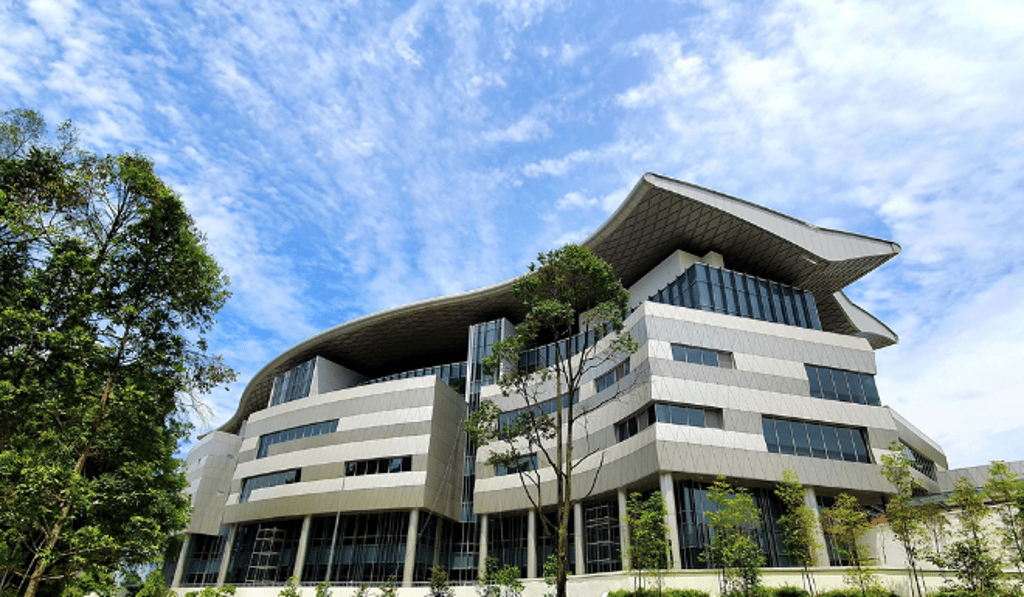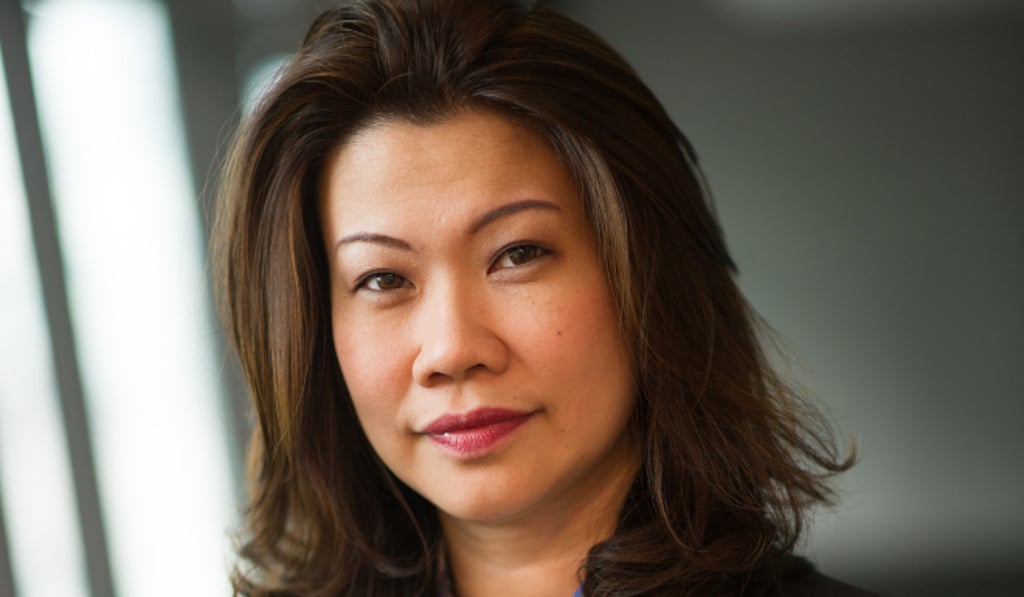The Changing Face of Corporate Governance in an Uncertain World

[Sponsored Article]
While it was the accounting scandals of 2001 to 2002 that gave prominence to corporate governance, the function remains as important as ever.
In light of Covid-19 and the uncertainties it created for companies globally, new themes have emerged for corporate governance.
From determining how to best preserve cash to reviewing plans for keeping employees safe, the pandemic has upended the way boards have made routine decisions. Yet the core principles of integrity, ethical behavior, transparency, and respecting the rights of all stakeholders remain the same.
“In light of border closures and lockdowns, layered with geopolitical tensions and trade wars, boards need to think about: Preparing to face the new normal and understand the future of work; Planning for new emerging risks and stay ahead of the curve; Enforcing force majeure clauses; Understanding the cybersecurity concerns of working from home; Assisting management in addressing crisis-related issues, and other related issues,” explains Gillian Ng, Senior Director of Corporate Governance at ASB’s Iclif Executive Education Center (ASB-Iclif).
Additionally, 2020 saw growing public outcry against systemic issues, from racial discrimination, to worker welfare standards, continued environmental degradation, and others.
Even as companies fight for survival, boards are simultaneously forced to grapple with questions of public responsibility.
In Asia, growing focus on anti-corruption
Covid-19 has accelerated the importance of good governance, but this trend has already been growing in recent years, with governments across Asia taking firmer action against corruption.
With regulations becoming more stringent, boards across Asia are focused on ensuring they are prepared for these changes.

ASB-Iclif is well-positioned for this task, with a robust curriculum focused not only on compliance, but on changing behavior.
As an example, Ng explains, “When our FIDE program was first rolled out in the year 2008, we had bank supervisors give feedback that they were able to see changes in the way board members asked questions and addressed issues, just by reading the Board minutes.”
A big draw for attendees is the opportunity to learn from and consult with a formidable lineup of faculty who are practitioners themselves. Several faculty members also have taught at leading institutions including Harvard Business School and NUS Business School.
“Although our faculty are trained internationally, they all have experience in the ASEAN region. Drawing from our local expertise, we discuss Asian- and Malaysian-focused case studies in all of the programs we offer,” says Ng.
The ASB-Iclif faculty's accomplishments range from being involved in formulating the Singapore Code of Corporate Governance, to developing corporate governance scorecards in ASEAN, working with the Malaysian Anti-Corruption Commission, serving in board and C-level roles, and advising central banks, financial institutions, sovereign wealth funds, and multinationals, among others.

Despite Covid-19 bringing new issues to the board’s attention, “The foundation of good corporate governance remains: having good ethical values inculcated clearly from the top and engrained into the culture of the entire organization.”
As a testament to ASB-Iclif's program quality, the Central Bank of Malaysia made the ASB-Iclif Financial Institutions Directors’ Education program mandatory for all financial institution directors in the country. Additionally, ASB-Iclif runs the Mandatory Accreditation Program which is mandated for all new directors of public-listed companies in Malaysia.